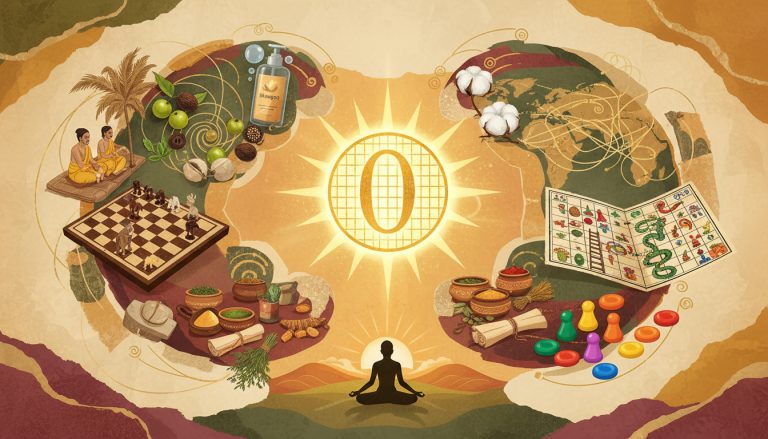How well do you know your brain? One of the most fascinating and amazing organs in existence is the human brain. While you might think you understand it, there’s a good chance these surprising facts will make you see it in a whole new light.
From its incredible abilities to its astonishing physical traits, your brain is full of mind-boggling secrets. Let’s explore the extraordinary command center that powers your every thought, action, and experience!
1. A lightbulb can be powered by the electricity your brain produces.
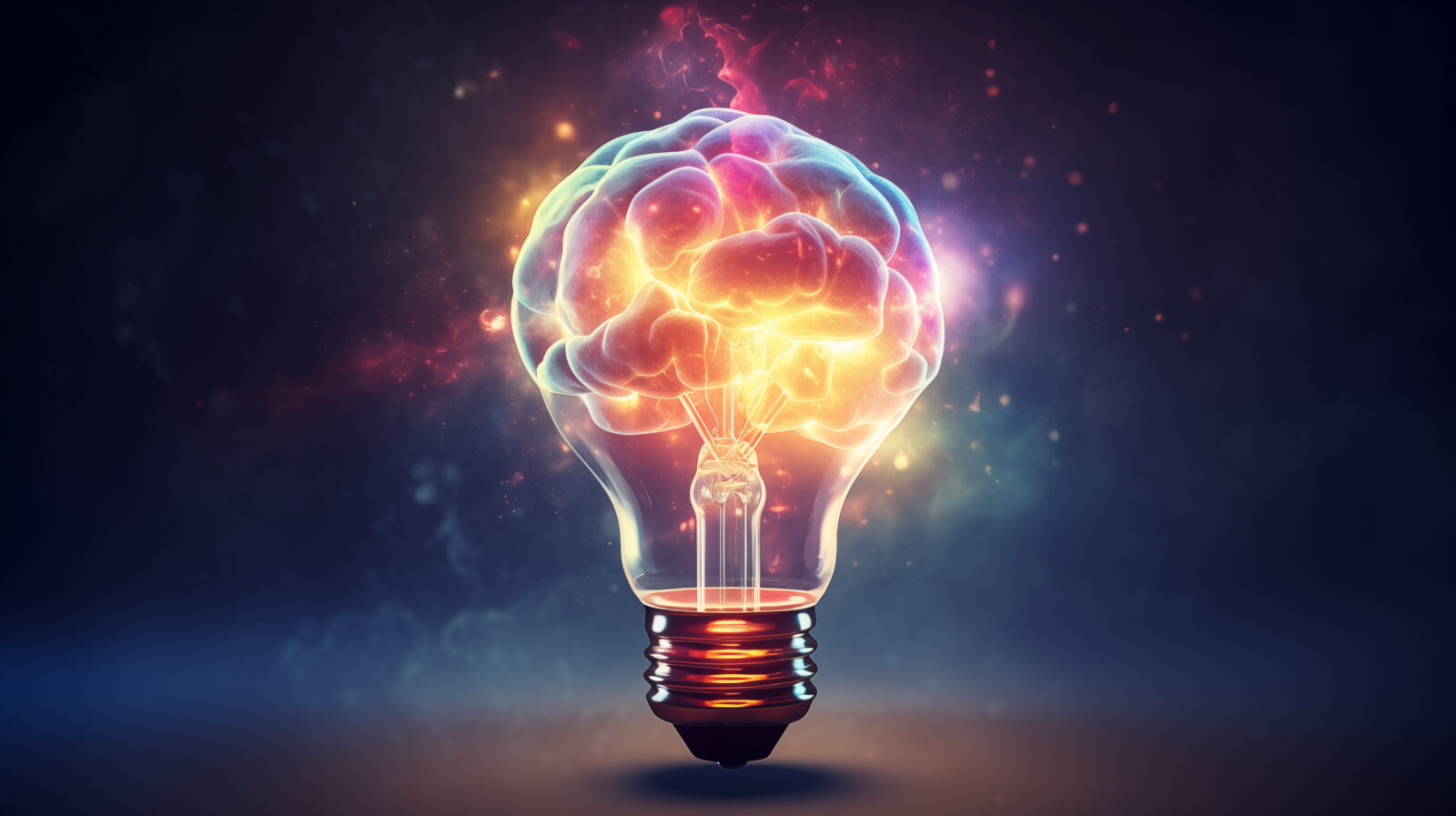
Brain Power Quantified
About 100 billion neurons in your brain use electrical signals to communicate with one another. These neurones generate roughly 23 watts of electricity, which is enough to run a modest lightbulb. Even when you’re asleep, this constant electrical activity keeps your body functioning as it should.
Ion channels, which control the movement of charged particles across cell membranes and produce voltage differences necessary for brain communication, are responsible for this electrical activity, according to a study published in the Journal of Neuroscience.
2. Your Brain Is Mostly Fat
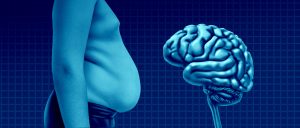
The Fattiest Organ
Your brain is the fattest organ in your body, with over 60% of it being made of fat. The protective sheaths that surround nerve fibres are made up of specialised fat molecules called phospholipids and important fatty acids, so this isn’t just any fat.
Nutritionists highlight fish and other foods high in omega-3 fatty acids for cognitive health since research from Harvard Medical School shows that these fatty acids, especially DHA (docosahexaenoic acid), are essential for brain growth and function.
3. Your Brain Activity Is Unique Like a Fingerprint

Neural Identity
Researchers at Yale University found that each person’s brain activity patterns are distinct, similar to neural fingerprints, using functional MRI technology. With over 90% accuracy, these unique patterns of connection and activation can even be used to identify particular people from brain scans. They also hold steady over time.
This discovery has important ramifications for comprehending individual variations in brain health, perception, and cognition.
4. Your Brain Uses 20% of Your Body’s Energy
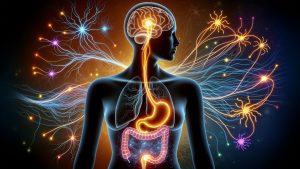
Energy-Hungry Organ
Your brain uses about 20% of your body’s energy, even though it only makes up 2% of your total weight. The enormous processing capacity and upkeep needs of brain activity are reflected in this disproportionate energy consumption.
This substantial energy consumption is mainly responsible for maintaining membrane potentials and restoring ion gradients after action potentials, according to research from the University of Cambridge.
5. Your Brain Can Process an Image in Just 13 Milliseconds
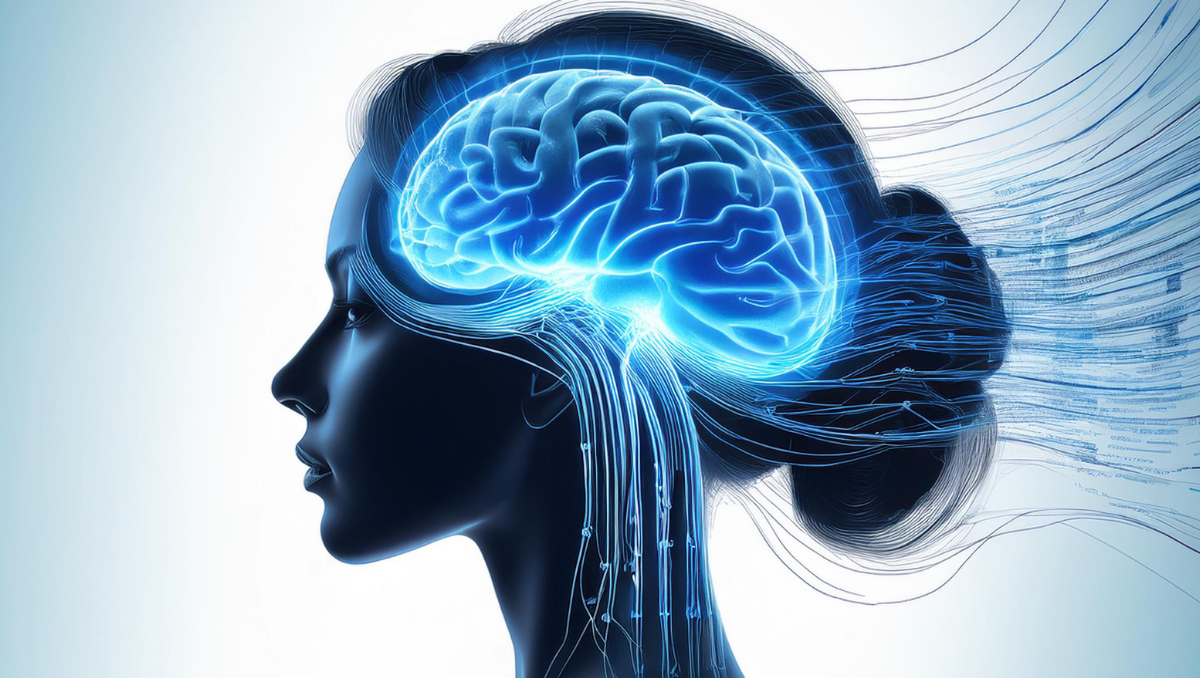
Lightning-Fast Visual Processing
Your brain can interpret a whole image in as little as 13 milliseconds, which is faster than the blink of an eye, according to research from MIT. This ability to absorb visual information quickly evolved as an evolutionary advantage, enabling prompt detection of any dangers or opportunities.
Although conscious awareness takes longer to develop, this astounding speed shows how your visual system can almost instantly extract relevant information from your surroundings.
6. Your Brain Contains More Connections Than Stars in the Milky Way
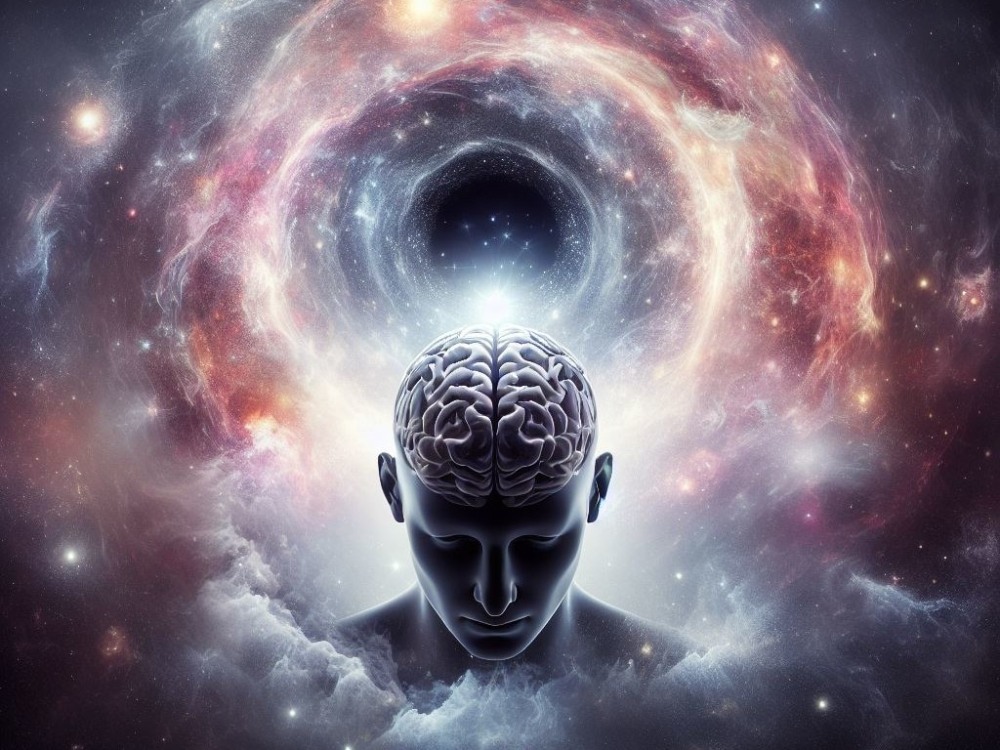
Cosmic Connectivity
The estimated 100 trillion synapses (connections between neurons) in the human brain greatly outnumber the 200–400 billion stars in our galaxy. The intricate processing that underpins human consciousness and cognition is made possible by this enormous brain network.
The brain’s extraordinary ability to process information was demonstrated by a study that was published in Frontiers in Neuroanatomy. It was found that a single cubic millimetre of brain tissue can contain over a billion synapses.
7. Your Brain Makes Decisions Before You’re Conscious of Them

Subconscious Decision-Making
According to a neuroscientific study employing EEG and fMRI equipment, your brain activity can reveal decisions up to 7–10 seconds before you become fully aware of them. This discovery, reported in Nature Neuroscience, calls into question traditional ideas of free will and conscious decision.
Rather, it implies that conscious consciousness may act as a monitoring system rather than the main decision-maker, with many decisions potentially coming from unconscious brain processes.
What Makes Your Brain Truly Extraordinary
The most intricate structure in the cosmos is still the human brain. Its amazing powers go much beyond what we presently know, and they will continue to change and evolve throughout the course of your lifetime. You can optimise this remarkable organ’s potential by preserving brain health with an appropriate diet, consistent exercise, enough sleep, and cognitive stimulation.
Which bizarre facts about the brain most shocked you? Have you personally encountered any of these occurrences? For more intriguing insights into the human body and mind, leave a comment below and sign up for our newsletter.
Frequently Asked Questions
Q: How much does the average human brain weigh?
A: The average adult human brain weighs about 3 pounds (1.3-1.4 kg), though brain size doesn’t directly correlate with intelligence.
Q: Can you really only use 10% of your brain?
A: No, this is a common myth. Neuroimaging studies show that virtually all brain regions are active during normal daily activities, with different tasks engaging different neural networks.
Q: Does brain training really work?
A: Research indicates that specific cognitive training can improve targeted skills, but these improvements often don’t generalize to overall cognitive function. The most effective brain “training” combines physical exercise, social engagement, and varied cognitive challenges.
Q: Can the brain regenerate damaged cells?
A: Contrary to previous beliefs, research now confirms that certain brain regions can generate new neurons (neurogenesis) throughout life, particularly in the hippocampus, though this capacity is limited compared to other body tissues.
Q: Is the left-brain/right-brain personality theory valid?
A: Modern neuroscience has debunked the popular notion that people are “left-brained” (analytical) or “right-brained” (creative). While certain functions show some lateralization, the brain works as an integrated whole with constant communication between hemispheres.


